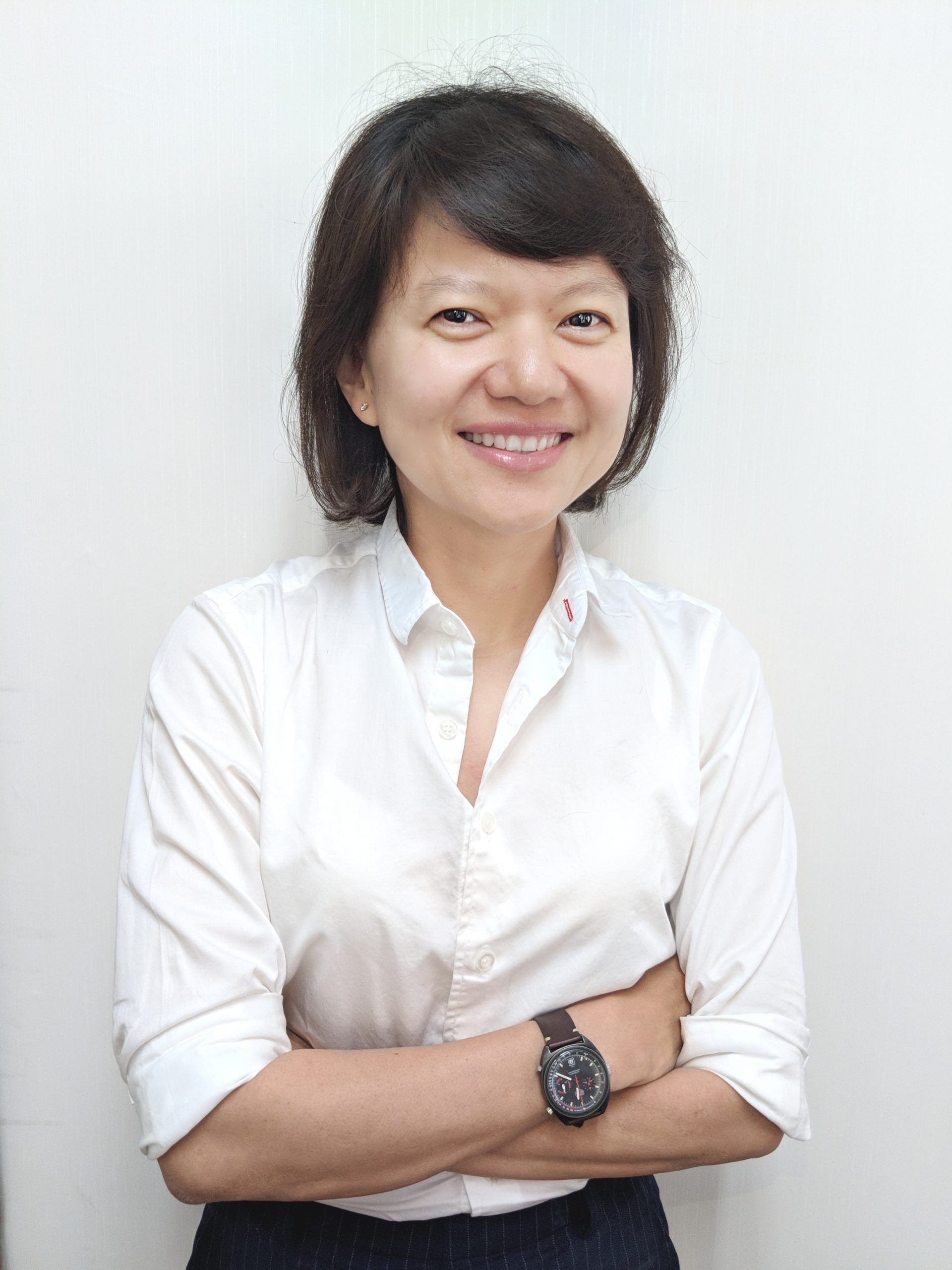Co-founder and CEO of Dokter.id, Medico
Hailing from one of the most established conglomerate families in Indonesia, Grace is determined to establish her own legacy in the healthcare world. Grace believes in the power of female founders as a catalyst for greater impact.
“I always wanted to become a movie director, which in a sense, is kind of like an entrepreneur too!” says Grace, recalling her childhood dream. Her father, a successful businessman and founder of Mayapada Group (one of the biggest business entities in Indonesia), told her to work for herself and not be dependent despite the privilege she had.
Grace spent some of her adult life helping with the family business at Mayapada Hospital and Siloam Hospital. It was a very comfortable and routine working life. But she wanted more.
At 37 years old, Grace decided to start her own business and set up her own enterprise – a Blackberry app called BibbyCam – with the support from her husband. Despite declining Blackberry popularity with the rise of the iPhone, the app had a good run.
“We had quite a number of followers and downloads, it was very popular among the Blackberry users we were featured on the Blackberry store. But then we didn’t know how to monetize,” Grace says.
But for Grace, the project opened a pandora box. She wanted to do something even more impactful. Because she had a background in healthcare, she felt a strong desire to contribute to the sector.
“I wanted to see Indonesian healthcare improving in terms of access and quality,” Grace says.
She then started two health-tech startups Dokter.id and Medico. Dokter.id is an education platform for the public, providing free consultation through chats and news. While Dokter.id caters to the public, Medico works with healthcare providers such as hospitals and clinics as part of its end-to-end solution.
Since founding these enterprises, Grace knew that she was meant to stay in the lane of healthcare and tech. “I believe healthcare is a really impactful business. With tech we can multiply much faster and much greater than if we just used traditional ways,” Grace says.
But even at the top, the wind of gender bias is still felt. It is not unusual for Grace to find herself being the only woman in the room.
“In any meeting rooms that I’ve been there’s always been more guys than girls, and systematically, if you encounter that kind of atmosphere, you always have that perception already that this is going to be male-run, or dominated by men,” Grace says.
But she does not let that atmosphere intimidate her. “There’s a lot of good men who don’t treat women with disrespect, and it’s not my job to educate those males who disrespect women,” she says.
Grace has taught her three daughters from a young age that one day they will have to work for themselves and for their families, and that that work has to make them happy.
When it comes to providing capital for other businesses, Grace prioritizes those that can be strategically aligned with Mayapada Group and its stream of healthcare startups. Grace has invested in printing, software, and HR businesses, among others.
Grace also has an eye for impact. As an angel investor, Grace looks for social enterprises that can generate the widest impact possible.
Her GLI approach focuses on investing in female-founded businesses. Grace has provided capital to female-founded social startups helping small and medium enterprises in Indonesia.
Knowing the challenges faced by women entrepreneurs, Grace admits that she always has a sense of affinity with women founders.
“There’s a tendency to accept pitch decks from these female founders, and there’s an increasing number of them,” Grace says.
Beyond her own ventures, Grace also mentors young female entrepreneurs at a Christian-based mentorship program.
For Grace, the future of GLI must be clearly defined in a roadmap. “There are a lot of soundbites that are very pleasant about investing for gender equality, but how do we do it in a practical way? What is the system?” Grace says.





